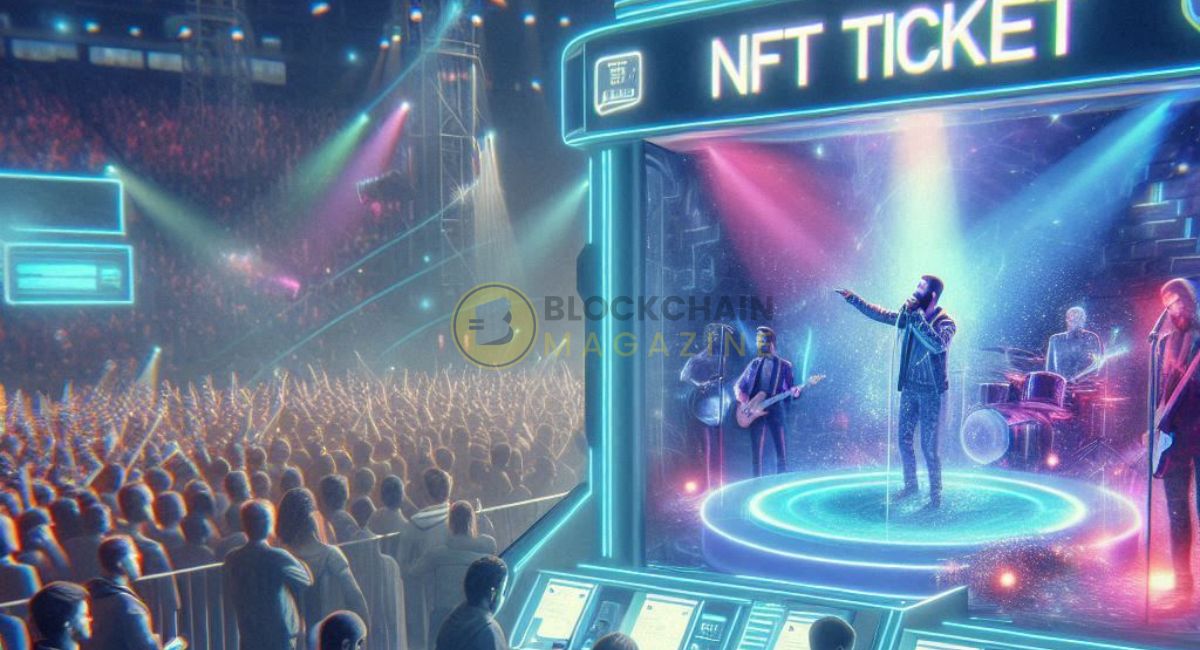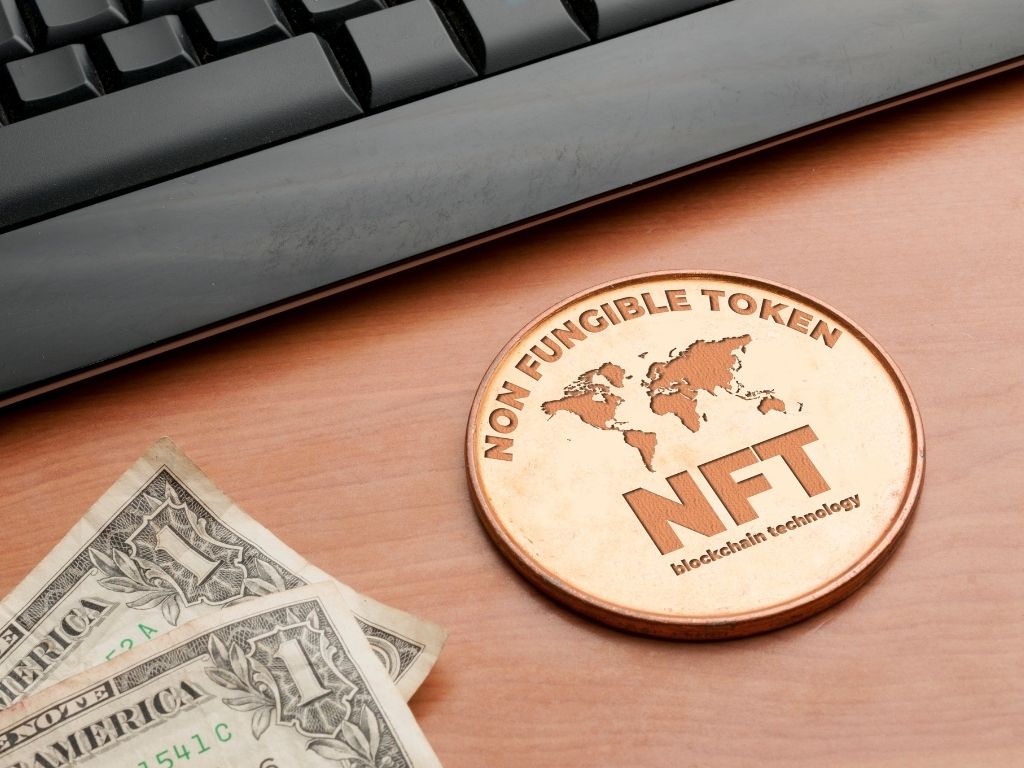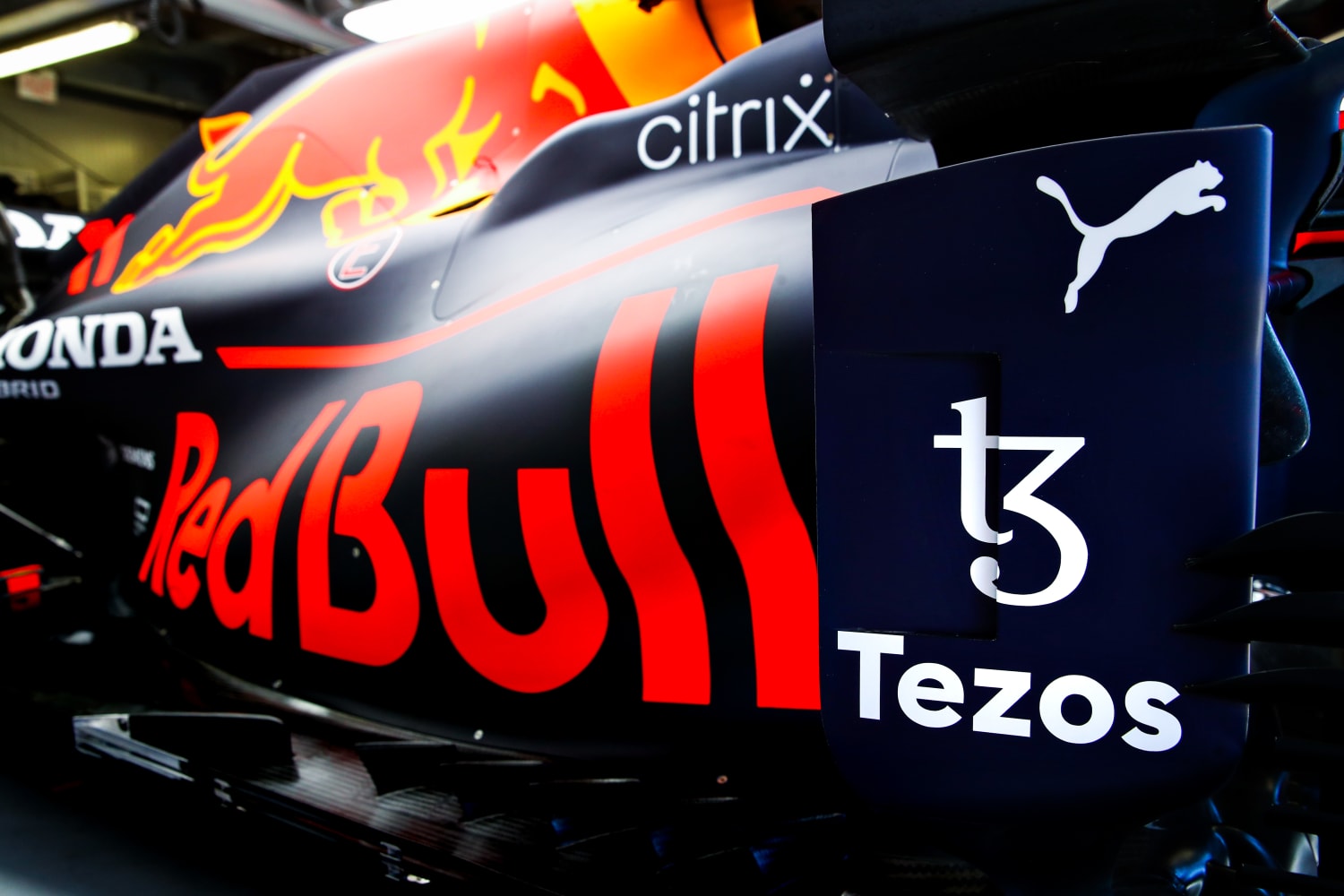NFT Ticketing: Revolutionizing Events with Amazing Blockchain Technology In 2025
The event industry has long grappled with challenges such as ticket fraud, scalping, and counterfeit passes. These issues not only affect fans but also diminish revenue for organizers and artists. Enter NFT ticketing, a blockchain-based solution poised to address these challenges while unlocking new avenues for customer engagement.
NFT ticketing is more than just a method to validate entry; it’s a game-changer that enables a secure, transparent, and immersive event experience. By issuing event tickets as NFTs (non-fungible tokens), organizers can combat fraud, eliminate intermediaries, and offer fans digital collectibles that hold both sentimental and practical value.
This article delves into the mechanics, benefits, and future potential of NFT ticketing, highlighting its transformative impact on concerts, sports, and live events.
Key Highlights
- Understanding NFT Ticketing
- How NFT Ticketing Works
- Benefits of NFT Ticketing
- Case Studies: Success Stories in NFT Ticketing
- Challenges in Adopting NFT Ticketing
- The Future of NFT Ticketing in the Events Industry
Understanding NFT Ticketing
What Are NFT Tickets?
NFT tickets are digital tickets minted as unique assets on a blockchain. Unlike traditional tickets, NFT tickets:
- Are tamper-proof and traceable.
- Reside in the buyer’s digital wallet.
- Can include programmable features, such as royalties for artists or perks for ticket holders.
By leveraging the immutable and transparent nature of blockchain, NFT tickets ensure authenticity and ownership.
Why Blockchain for Ticketing?
Blockchain technology provides:
- Transparency: Every transaction is recorded on a public ledger, ensuring tickets are genuine and traceable.
- Ownership: Buyers have verifiable ownership of their tickets, preventing duplicates or forgeries.
- Programmability: Smart contracts automate processes like resale rules, artist royalties, and loyalty rewards.
How NFT Ticketing Works
NFT ticketing operates on decentralized networks, typically built on blockchains like Ethereum, Polygon, or Solana. Here’s a step-by-step breakdown:
1. Ticket Minting
Event organizers create tickets as NFTs on a blockchain. Each ticket is unique, carrying metadata such as the event name, date, seat number, and even custom artwork.
2. Primary Sale
Tickets are sold on NFT marketplaces or integrated platforms like YellowHeart or SeatlabNFT. Buyers purchase tickets using cryptocurrency or traditional payment methods.
3. Storage in Digital Wallets
Once purchased, the ticket is stored in the buyer’s digital wallet, accessible via apps like MetaMask or Coinbase Wallet.
4. Verification and Entry
At the event, organizers use blockchain-based scanners to verify the NFT’s authenticity and ownership.
5. Resale and Royalties
Smart contracts enable secure resale, often imposing caps on resale prices or automatically allocating a percentage of profits to the original creator (e.g., the artist or organizer).
Benefits of NFT Ticketing
1. Fraud Prevention
NFT tickets are tamper-proof and traceable. Blockchain verification ensures that each ticket is authentic and linked to its rightful owner, eliminating counterfeits.
2. Combating Scalping
Smart contracts can enforce rules to limit ticket resale prices, curbing scalping and ensuring tickets remain accessible to genuine fans.
3. Enhanced Customer Engagement
NFT tickets can double as digital collectibles, granting fans perks like:
- Exclusive access to merchandise or content.
- VIP experiences or meet-and-greets.
- Rewards or discounts for future events.
4. Revenue Opportunities for Artists and Organizers
NFT tickets enable ongoing revenue streams through resale royalties. For example, if a ticket is resold on a secondary market, a predefined percentage of the proceeds automatically goes to the creator.
5. Sustainability and Cost Efficiency
NFT ticketing reduces the need for physical tickets, lowering printing and logistical costs. It also eliminates intermediaries, allowing organizers to directly connect with fans.
6. Data Ownership and Analytics
Blockchain provides detailed insights into ticket ownership and usage patterns, helping organizers optimize future events and marketing strategies.
Case Studies: Success Stories in NFT Ticketing
1. Coachella’s NFT Passes
In 2022, the iconic music festival Coachella introduced NFT tickets, offering lifetime passes as part of its “Coachella Keys Collection.” These NFTs granted access to future festivals and unique perks like backstage experiences.
2. Dallas Mavericks and Ticket Sales
The NBA team Dallas Mavericks embraced blockchain-based ticketing, leveraging NFTs for fan engagement and creating digital collectibles tied to game tickets.
3. YellowHeart at Kings of Leon Concerts
YellowHeart, a blockchain ticketing platform, partnered with Kings of Leon to release their album as an NFT, including concert tickets and exclusive experiences.
4. European Football Clubs
Clubs like Manchester City and Paris Saint-Germain have used NFT tickets for special events, allowing fans to access exclusive areas and memorabilia while ensuring secure transactions.
Challenges in Adopting NFT Ticketing
1. Technical Barriers
Many fans are unfamiliar with cryptocurrency wallets and blockchain technology, which can make adoption challenging.
2. Environmental Concerns
Blockchain networks like Ethereum (prior to its transition to Proof of Stake) have faced criticism for their high energy consumption.
3. Scalability Issues
High transaction fees (gas fees) and network congestion can hinder the seamless execution of NFT ticketing on popular blockchains.
4. Regulatory Hurdles
Governments are still defining regulations around NFTs and cryptocurrency, which can create uncertainty for event organizers.
5. Resistance from Traditional Systems
Legacy ticketing companies and intermediaries may resist blockchain adoption, fearing loss of market share.
The Future of NFT Ticketing in the Events Industry
The potential of NFT ticketing extends far beyond fraud prevention. Here’s a glimpse into its transformative future:
1. Integrated Event Ecosystems
NFT tickets could serve as gateways to immersive event experiences, granting holders access to virtual meet-and-greets, AR content, or exclusive digital communities.
2. Cross-Platform Compatibility
Interoperable NFTs could enable fans to use a single wallet for tickets across multiple events, streamlining the user experience.
3. Dynamic Perks and Rewards
NFT tickets can evolve over time, offering additional perks such as loyalty rewards, upgraded seats, or commemorative artwork.
4. Metaverse Integration
As the metaverse grows, NFT ticketing could facilitate hybrid events, allowing fans to participate virtually while owning verifiable digital passes.
5. Improved Fan Data Privacy
Blockchain enables pseudonymous transactions, ensuring that fans’ data is secure and not misused by third parties.
6. Decentralized Event Organizations (DEOs)
NFTs could enable fans to directly fund events or vote on key decisions, democratizing event planning and fostering deeper connections between fans and organizers.
Also, read – NFT Ticketing Systems: The Future of Amazing Secure Event Management In 2024
Conclusion
NFT ticketing is more than just a technological innovation; it represents a paradigm shift in how events are managed, attended, and experienced. By leveraging blockchain, NFTs ensure transparency, authenticity, and security while unlocking new possibilities for fan engagement and revenue generation.
Despite challenges, the success stories from platforms like YellowHeart and events like Coachella highlight the immense potential of NFT ticketing to transform the events industry. As blockchain adoption grows and barriers diminish, NFT ticketing could become the standard for concerts, sports, and live events, heralding a new era of secure and immersive experiences for fans and organizers alike.
Stay informed with daily updates from Blockchain Magazine on Google News. Click here to follow us and mark as favorite: [Blockchain Magazine on Google News].
Get Blockchain Insights In Inbox
Stay ahead of the curve with expert analysis and market updates.
latest from tech
Disclaimer: Any post shared by a third-party agency are sponsored and Blockchain Magazine has no views on any such posts. The views and opinions expressed in this post are those of the clients and do not necessarily reflect the official policy or position of Blockchain Magazine. The information provided in this post is for informational purposes only and should not be considered as financial, investment, or professional advice. Blockchain Magazine does not endorse or promote any specific products, services, or companies mentioned in this posts. Readers are encouraged to conduct their own research and consult with a qualified professional before making any financial decisions. The featured image used is just a creative depiction of the title and it does not intend to hurt sentiments of any person or institution. If it hurts anyone sentiments, please do not hesitate to reach out to Blockchain Magazine.

 Bitcoin
Bitcoin  Ethereum
Ethereum  XRP
XRP  Tether
Tether  Solana
Solana  USDC
USDC  Dogecoin
Dogecoin  Cardano
Cardano  Lido Staked Ether
Lido Staked Ether  TRON
TRON  Wrapped Bitcoin
Wrapped Bitcoin  Chainlink
Chainlink  Wrapped stETH
Wrapped stETH  Sui
Sui  Avalanche
Avalanche  Stellar
Stellar  Litecoin
Litecoin  Hedera
Hedera  Toncoin
Toncoin  Shiba Inu
Shiba Inu  LEO Token
LEO Token  Hyperliquid
Hyperliquid  USDS
USDS  Polkadot
Polkadot  WETH
WETH  MANTRA
MANTRA  Bitcoin Cash
Bitcoin Cash  Bitget Token
Bitget Token  Ethena USDe
Ethena USDe  Wrapped eETH
Wrapped eETH  Uniswap
Uniswap  Monero
Monero  NEAR Protocol
NEAR Protocol  WhiteBIT Coin
WhiteBIT Coin  Pepe
Pepe  Aave
Aave  Bittensor
Bittensor  Ondo
Ondo  Aptos
Aptos  Internet Computer
Internet Computer  Dai
Dai  Official Trump
Official Trump  Mantle
Mantle  Ethereum Classic
Ethereum Classic  Tokenize Xchange
Tokenize Xchange  OKB
OKB  Gate
Gate  Sonic (prev. FTM)
Sonic (prev. FTM)  sUSDS
sUSDS 




